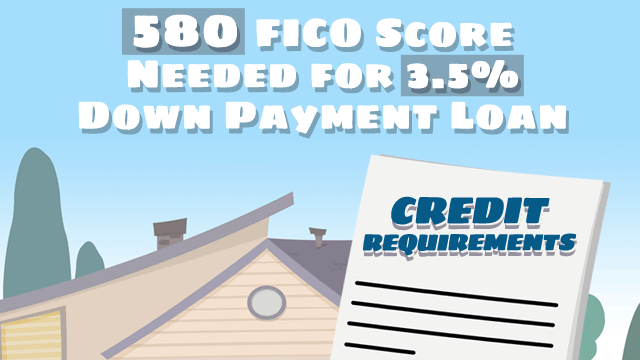FHA Loan Basics: Acceptable Property Types
December 11, 2024
Eligible Homes
FHA loans are primarily intended for primary residences—homes that borrowers will occupy as their main dwelling. This includes single-family homes, townhouses, and even multi-unit properties like duplexes or triplexes, provided the borrower lives in one of the units.
Condominiums can also be eligible, but the project must be FHA-approved or added to the approved list. It must also meet specific owner-occupancy rates, financial reserves, and insurance coverage standards.
In some cases, a condo unit may be approved for an FHA loan even without being on that list. Ask your lender about this option.
Manufactured homes can also qualify but must adhere to HUD Code manufacturing standards and be permanently attached to a foundation.
However, certain property types are not eligible for FHA financing.
No Investment Properties
Investment properties purchased solely for rental income, vacation homes, and commercial properties are not eligible for FHA financing.
Additionally, properties in disrepair may not qualify for an FHA purchase loan unless the necessary repairs are completed before closing. Such properties may qualify for an FHA rehabilitation mortgage, and this is an option worth considering.
Standard FHA loans are not designed for extensive renovations. The FHA 203(k) loan offers a solution for purchasing and rehabilitating a fixer-upper. This program has specific guidelines regarding eligible repairs and cost limitations.
There’s No One-Size-Fits-All FHA Mortgage
It's important to recognize that FHA loans for different property types have unique requirements. For example, condominium projects undergo a more rigorous approval process, including a review of the project's financial documents and governing rules.
Manufactured homes must meet specific construction and safety standards, and depending on the circumstances, there may be restrictions on financing homes located on leased land.
Understanding the nuances of FHA loans and eligible property types is crucial for prospective homebuyers.
It is always recommended that you consult with an FHA-approved lender to discuss your individual circumstances and find the most suitable loan program for your needs.

FHA Loan Articles
January 30, 2025FHA residential refinance loans, insured by the Federal Housing Administration, allow homeowners to refinance their existing mortgages. They potentially have more flexible qualification requirements than conventional loans. FHA refi loans can lower monthly payments, shorten the loan term, consolidate debt, or even access cash for home improvements or other needs. Understanding the eligibility criteria and different refinance options is crucial for homeowners considering this option.
January 29, 2025Are you about to graduate from college and are already thinking of what your dream home might look like? Understanding the intricacies of the mortgage is an essential step in your journey toward home ownership. Two key terms you'll encounter early on are "FICO score" and "credit history." How do these two things affect your ability to buy a home?
January 28, 2025Are you dreaming of transforming a diamond-in-the-rough house into your ideal home? Fixer-uppers offer a unique opportunity to personalize your living space and potentially build equity at a price lower than some occupant-ready homes.
January 27, 2025When buying or selling a home, two critical processes are often confused: the appraisal and the inspection. Though both involve a thorough examination of the property, they serve distinct purposes and provide different types of information vital to a successful FHA loan transaction.
January 22, 2025Consider this scenario: you've been in your home for five years or more and you've likely built up a significant amount of equity, and now you might be wondering how to put that equity to work for you. Whether you're dreaming of a major renovation, need to consolidate debt, or want to help a child with college tuition, you have options. Two choices are an FHA cash-out refinance and a home equity line of credit (HELOC).







